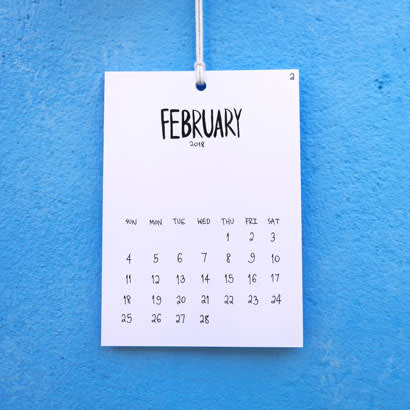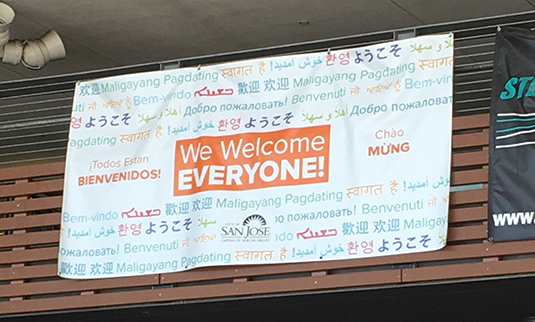
February gives us two great reasons to recognize and promote inclusion through parks and recreation. This month is host to both Black History Month and North American Inclusion Month (NAIM). These awareness months represent just some of the underserved groups that NRPA’s Parks for Inclusion initiative champions by aiming to ensure that everyone — regardless of race, ethnicity, age, income level, physical ability, sexual orientation, gender or religion — has access to the benefits of parks and recreation. Parks for Inclusion is particularly focused on ensuring that racial and ethnic minorities, those with physical and cognitive disabilities, the LGBTQ (lesbian, gay, bisexual, transgender, queer or questioning) community, and New Americans (immigrants and refugees) have access to health opportunities through parks and recreation, addressing significant disparities and high rates of chronic disease that exist across these groups.
Black History Month is an annual celebration of achievements by African-Americans and a time for recognizing the central role of black Americans in U.S. history. And while February is the official month to celebrate the many achievements, park and recreation agencies are in a unique position to recognize the important contributions of African-Americans within our communities year-round and continue to ensure that their health and recreational needs are met.
North American Inclusion Month, created by Yachad, The National Jewish Council for Disabilities, is designed to develop sensitivity and knowledge of what it means to live with disabilities, and to educate communities on how they can do their part to make sure the community — regardless of ability — is included in all facets of life, including health and recreational opportunities.
Data from the Centers for Disease Control and Prevention (CDC) and the National Center on Health, Physical Activity and Disability (NCHPAD) reveal that chronic health conditions — including heart disease, cancer, diabetes and stroke — are more common and can be more severe among Americans who are members of a racial or ethnic minority group, including people of color, and those with physical disabilities or cognitive limitations. While there are many reasons for this, social determinants, including limited opportunities to engage in activities that support healthy living and limited access to quality education, housing and public services in general, are often associated with higher rates of chronic disease. Parks have the power to address these disparities across all populations and ensure that the voice of all community members, especially people of color and under-represented communities, is heard and their needs are met.
Creating a welcoming and safe environment in which all individuals can find trust and communication with community health providers is one of the ways that parks and recreation promote and elevate inclusion. Many agencies have already successfully increased their efforts around promoting inclusion and addressing health disparities by:
- Evaluating and addressing key inequalities in parks to establish more equitable park systems and increase opportunities for healthy living.
- Engaging the local community to ensure programs, services and offerings reflect the community’s interests and needs.
- Prioritizing accessibility by considering all populations when planning events, installing park improvement projects or creating new programs to positively influence health outcomes of those with disabilities.
- Creating messaging that explicitly states that all people — regardless of race, religion or ability — are welcome in all spaces and programs, like the banner (pictured below) that hangs at the Bascom Community Center in San Jose, California.

Maureen Acquino is a Program Specialist for NRPA.

